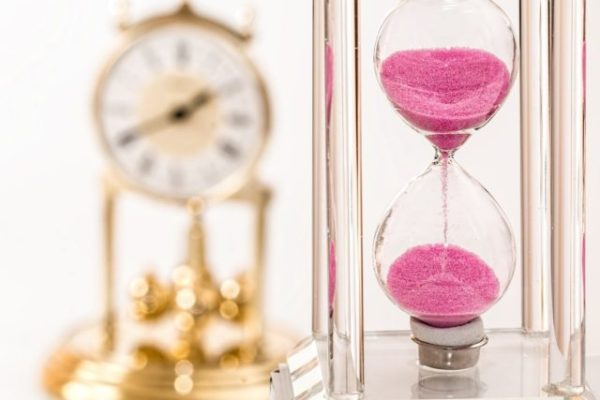No matter which study skills are your strengths and which are your weaknesses, just about all of you could probably find ways to better manage your time. While some teachers and parents emphasize the positive steps you can take, like keeping assignment books and calendars and setting schedules and using timers, and others offer various admonishments such as “don’t waste so much time” or encouragements such as “stay on task,” I always preferred to tell my students and their parents that the best way to improve their time management skills was to work on using their time more wisely. While at first glance, it appears to be too general of an idea and not a specific enough action to take, and also seems to contradict other advice I’ve given about taking specific steps to improve other study skills, it remains my best piece of advice when it comes to time management because it can be applied continuously and consistently and serve as the basis for applying the more specific examples I’ve listed and whatever other advice you may receive. Taken together, any suggestions you are given to help you better manage your time will lead to you using time more wisely, which will in turn increase your chances at success.
One reason focusing on using time more wisely is a good way to improve your time management skills is that it encourages you to think about what you are doing and make your own decisions about what’s working and what isn’t. This puts it more in line with my other pieces of advice, because it allows you to choose what works for you from among the various pieces of advice you given, as well as to change what isn’t working at any time. As I have said before about other study skills, making your own time management choices does not mean refusing to do anything that teachers require, such as keeping a calendar or meeting their deadlines. What it does do, though, is allow you to adjust their requirements to fit your own needs. As long as you remember that the ultimate goal is to accomplish what is asked of you, how and when you accomplish it can vary, and giving yourself some choice about what you will accomplish when is a good way to motivate yourself to do it.
Another reason focusing on using time more wisely can help you improve your time management skills is that it encourages you to expand your definition of time management. While a lot of time management suggestions focus on setting a schedule and sticking to it, which is, of a course, a good thing to do when such time is available, they often neglect to mention what happens when it isn’t. While in a perfect world, you would be able to study each day in prescribed blocks of time with no interruptions, real life does not work that way. When there are interruptions to the schedule, that does not mean good time management should be abandoned. Instead of reacting to schedule changes, whether in or out of school, by fearing that your work won’t get done, focus instead on making the best possible use of the time you do have. This may mean changing the order in which you planned to do things, completing an assignment you intended to finish all at once at two separate times, or adding some study time to a part of your schedule that you intended to use for other things, but an important part of using time wisely is being willing to be flexible enough to make the best possible choices you can with your work, regardless of any time constraints.
In addition to expanding your definition of time management to make it more flexible, using time wisely also means expanding your definition of time management to make it more creative. Not only can shortened blocks of time get in the way of following a schedule, losing your preferred place to study can, too. If the schedule changes in a way that requires you to go out when you expected to be home, using time wisely means figuring out what you can do in the car or at your destination instead of assuming you won’t be able to finish your work. Completing assignments in the car (while someone else is driving, of course) or studying while waiting for your own or someone else’s appointment are just two examples of the many ways you can make creative use of study time wherever you happen to be. Using time wisely means being open to doing your work whenever you can, wherever you find yourself, by focusing on finding solutions in less than ideal circumstances, instead of using those circumstances as an excuse not to finish whatever you need to do.
While there are many different approaches to time management, and many actions you can take to improve it, striving to use your time more wisely as much as you possibly can is one of the best ways to develop better time management skills, because it allows you to take ownership of your choices. Whether you follow your teachers’ recommendations and requirements to the letter or tweak them according to what works for you, it is important to evaluate what you do with your time, so you can build on what works, change what doesn’t, and be flexible and creative when the situation demands it. While set schedules are a necessary tool of good time management, they are only one of many tools you can use. Supplementing those schedules as you need to and and striving to make as many positive choices as possible when you do will help you use your time more wisely, and the more wisely you use your time, the more success you will achieve.

